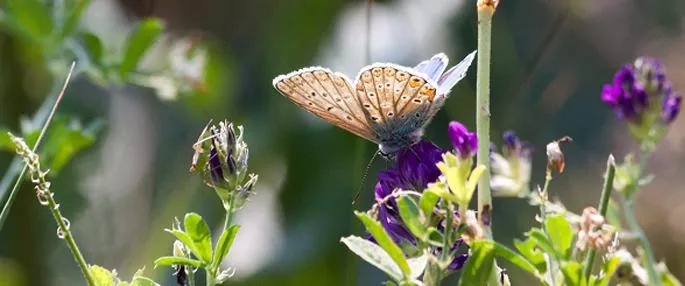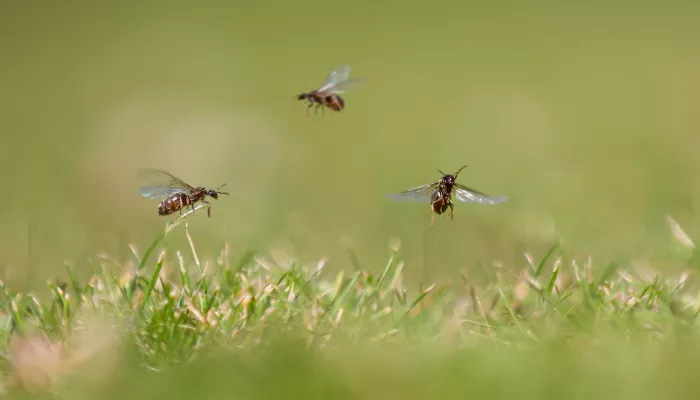
Dr Lawrence Ball, Lead Data Analyst at Kent Wildlife Trust, said:
“We’re over-the-moon that so many journeys were recorded this year, generating vital data for our analysis. Our regulars turned up and it's great that we got so many new users as well. I’m pleased we have another season’s data under our belts. Each year, we are building stronger evidence to help understand, protect and restore invertebrates.”
Andrew Whitehouse from Buglife said:
“Huge thanks to everyone who has got involved in the Bugs Matter survey in 2024, you have all helped to gather the vital data that we all need to better understand the health of our insect populations, and ultimately our environment.”
The success of Bugs Matter would not have been possible without the dedication of thousands of citizen scientists from across the UK. This year also saw a new partnership with Openreach, where 65 drivers in their vehicle fleet recorded 734 journeys and their splat counts for Bugs Matter. Other businesses with vehicle fleets are encouraged to follow Openreach’s lead in joining the annual survey. The inclusion of corporate fleets can significantly enhance the scope and volume of data collected, giving us a clearer picture of what is happening to our insect populations.
Following on from the shocking results of Bugs Matter 2023, which found a 78% reduction in the number of insects sampled on vehicle number plates across the UK between 2004 and 2023, the data collected from this year’s survey will now undergo extensive analysis.
The full results are set to be published next spring - in advance of the Bugs Matter 2025 survey season.
For more information about Bugs Matter, find out here.

